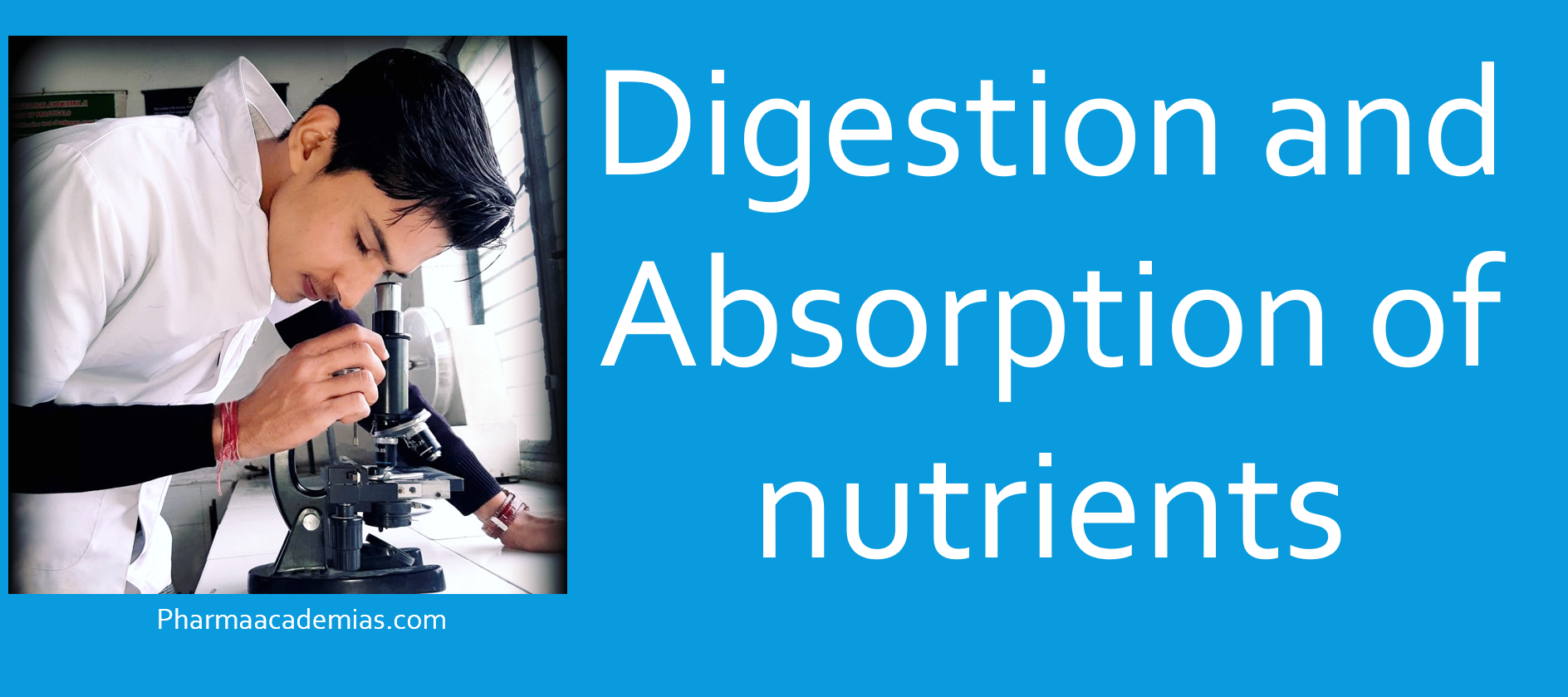Insulin: Physiology, Pathology, and Clinical Uses
Insulin is a hormone produced by the beta cells of the pancreas that plays a central role in regulating glucose metabolism. Its primary function is to facilitate glucose uptake by cells, promoting the storage of excess glucose as glycogen in the liver and muscles. Insulin also stimulates the synthesis of proteins and the storage of … Read more



